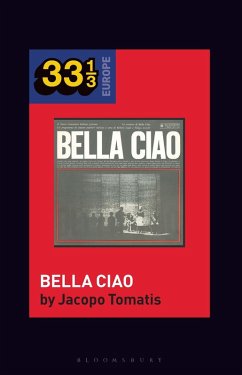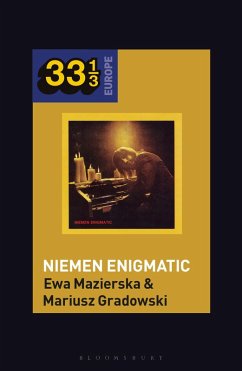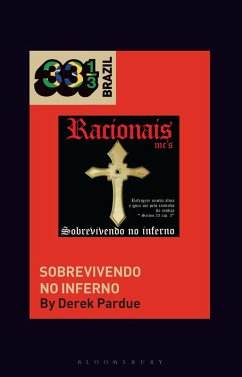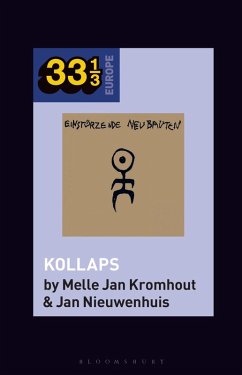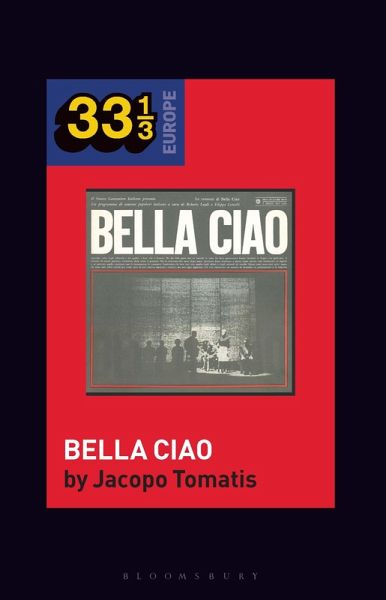
Nuovo Canzoniere Italiano's Bella Ciao (eBook, ePUB)
Versandkostenfrei!
Sofort per Download lieferbar
14,95 €
inkl. MwSt.
Weitere Ausgaben:

PAYBACK Punkte
7 °P sammeln!
Bella Ciao is the album that kick-started the Italian folk revival in the mid-1960s, made by Il Nuovo Canzoniere Italiano, a group of researchers, musicians, and radical intellectuals. Based on a contested music show that debuted in 1964, Bella Ciao also featured a double version of the popular song of the same title, an anti-Fascist anthem from World War II, which was destined to become one of the most sung political songs in the world and translated into more than 40 languages. The book reconstructs the history and the reception of the Bella Ciao project in 1960s' Italy and, more broadly, ex...
Bella Ciao is the album that kick-started the Italian folk revival in the mid-1960s, made by Il Nuovo Canzoniere Italiano, a group of researchers, musicians, and radical intellectuals. Based on a contested music show that debuted in 1964, Bella Ciao also featured a double version of the popular song of the same title, an anti-Fascist anthem from World War II, which was destined to become one of the most sung political songs in the world and translated into more than 40 languages. The book reconstructs the history and the reception of the Bella Ciao project in 1960s' Italy and, more broadly, explores the origins and the distinctive development of the Italian folk revival movement through the lens of this pivotal album.




